Introduction
The Persona series has managed to cement itself as one of the most popular JRPG franchises in the U.S., earning the adoration of an extremely devoted fan base. This is on account of the series’ stellar aesthetics, tight narratives, and extremely recognisable and relatable characters. For those of you who have yet to take a dive into this JRPG juggernaut, this list may help you make your decision as to which games to tackle first, before you move on to the half-dozen spin-off games from this series, which itself spun off from Shin Megami Tensei.
Revelations: Persona
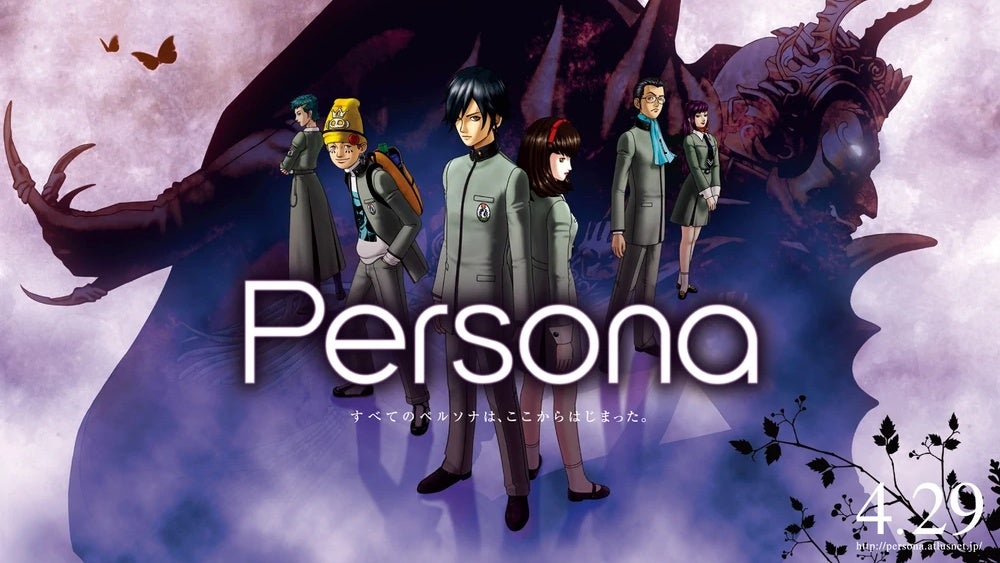
Revelations: Persona is where the series began, and it shows. It has a lot of ideas, and does a totally fine job of executing upon them — it was, after all, very well received upon its initial release. It was originally released as the first game in a totally different spin-off series, which only received one other title, Revelations: Last Bible, which in turn launched its own spinoff series. While revolutionary upon release, Revelations: Persona is the hardest game in the series to return to, as almost every aspect of it is iterated upon and improved in Persona 2. However, many of its characters reprise their roles in Persona 2, so for those of you who desperately need the complete context for every game you play, it could be worth starting at the beginning of the franchise.
Persona 2: Innocent Sin and Persona 2: Eternal Punishment
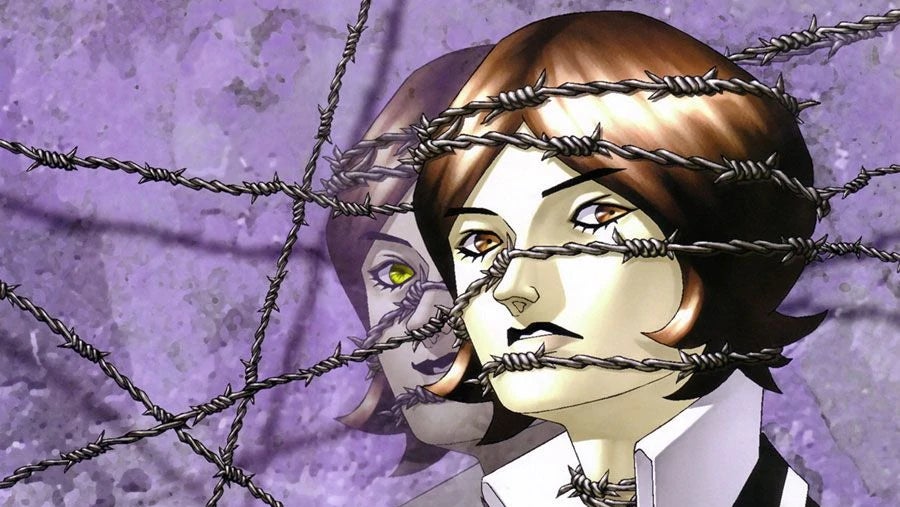
The Persona 2 duology will be basically unrecognizable to most modern Persona fans. While it retains the series’ signature demon fusion mechanic, inherited from Shin Megami Tensei, Persona 1 and 2 (well, 2s, because there’s two of them) are wildly different from the rest of the series. This is in no small part due to the totally different creative team tackling these particular entries. The Persona 2 duology is extremely strange, with some of the oddest pacing and narrative turns in all of video games. However, this strangeness is underpinned by an intriguing narrative, great game mechanics, and a unique sense of ambition. These are arguably the most fascinating games in the entire series, and well worth your time if you have any interest in strange RPGs.
As someone who really loves games with more ambition than ability, I cannot recommend Persona 2 enough. Its narrative revolves around the power of rumours, as urban legends begin to physically manifest and affect the real world. Does the game include a slightly off-colour representation of Robo-Hitler? Yes. Is it also the only game in the series with an explicitly queer protagonist, and a game which seriously interrogates what it means to have a fluid sense of self through the series’ classic Persona system? Also, yes.
Persona 4
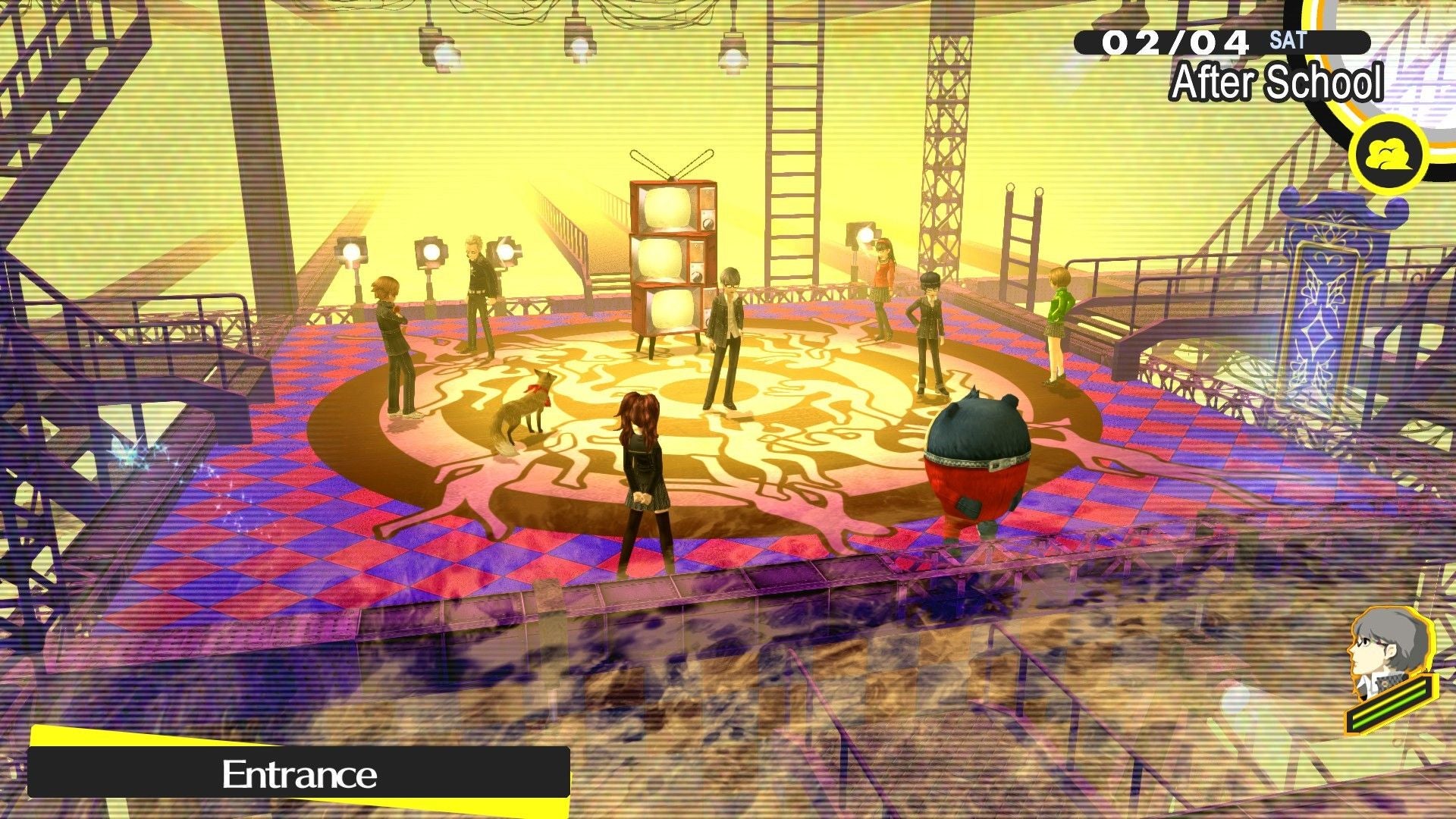
Persona 4 is the worst of the big three Persona games, which means that it is still a stellar video game with a gripping murder mystery narrative, solid combat design, and some of the medium’s most memorable characters. Persona 4 acted as many fans’ introduction to the series, and for good reason. Its small-town vibes are easily approachable, the game’s cast is famously strong (there’s a reason it launched so many spin-offs), and it has some of the series’ best music. It also seriously expands upon and refines the series’ signature time-balancing mechanics, laying a stellar foundation for Persona 5.
Persona 5
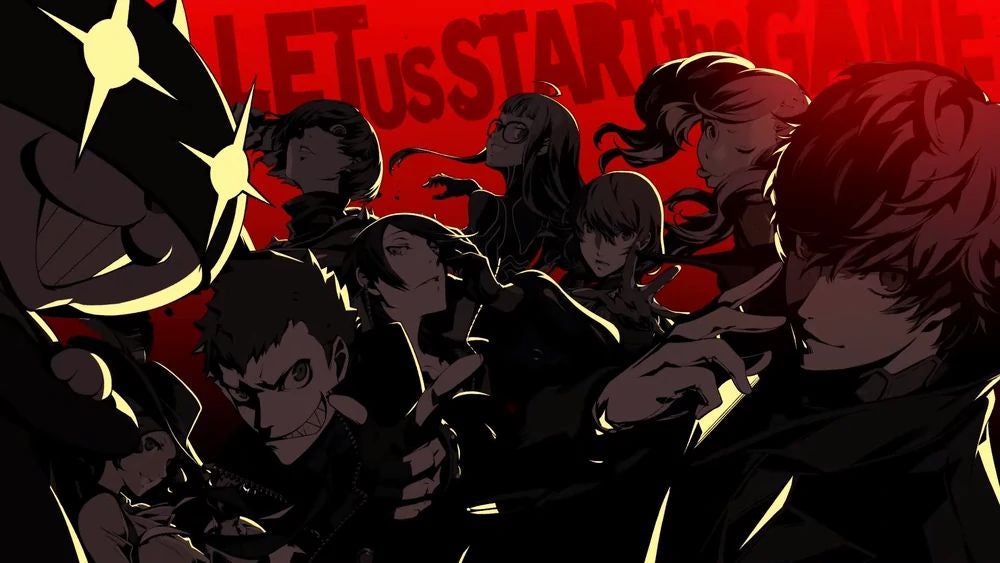
Persona 5 was met with a mostly positive reception upon its initial release, but was held back by a slightly weaker cast, and the abandoning of some quality-of-life improvements which had previously been implemented in Persona 4 Golden. Despite this, it has some of the series’ strongest aesthetics, built around weird pseudo-goths diving into the hearts of shitty adults to kill their darkest desires. This narrative works well, but the game undercuts its strongest criticisms of institutions by focusing on replacing individual bad actors, instead of changing systems themselves. It has a revolutionary fervor to it, but no actual revolutionary politics, which is pretty disappointing.
Persona 3
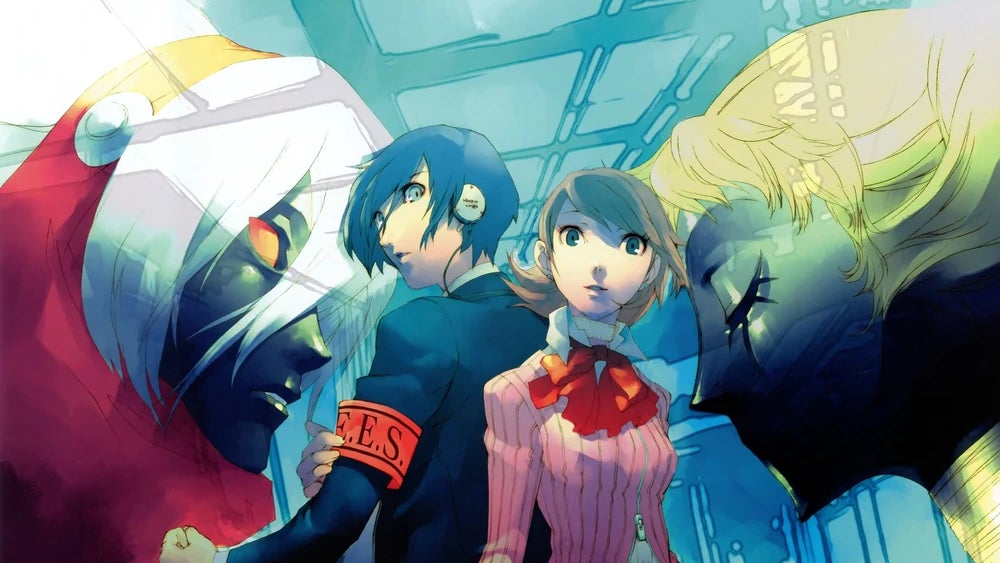
The first of what most fans consider to be the “big three” Persona games (Persona 3, 4, and 5), Persona 3 has easily the strongest base game among the latter-day Persona games, as it has an extremely strong narrative and thematic core centered around depression and teen social dynamics, one that Persona 4 and 5 cannot compete with. Its basic narrative is engrossing and moving, despite its more than healthy dose of edginess. Your suicide-themed Persona summoning can be a bit…distasteful at times, but overall Persona 3 remains the peak of base Persona games. However, the missing narrative additions of Persona 3 FES and Persona 3 Portable do undercut an otherwise great game. Just play the portable version, trust me.
Persona 4 Golden
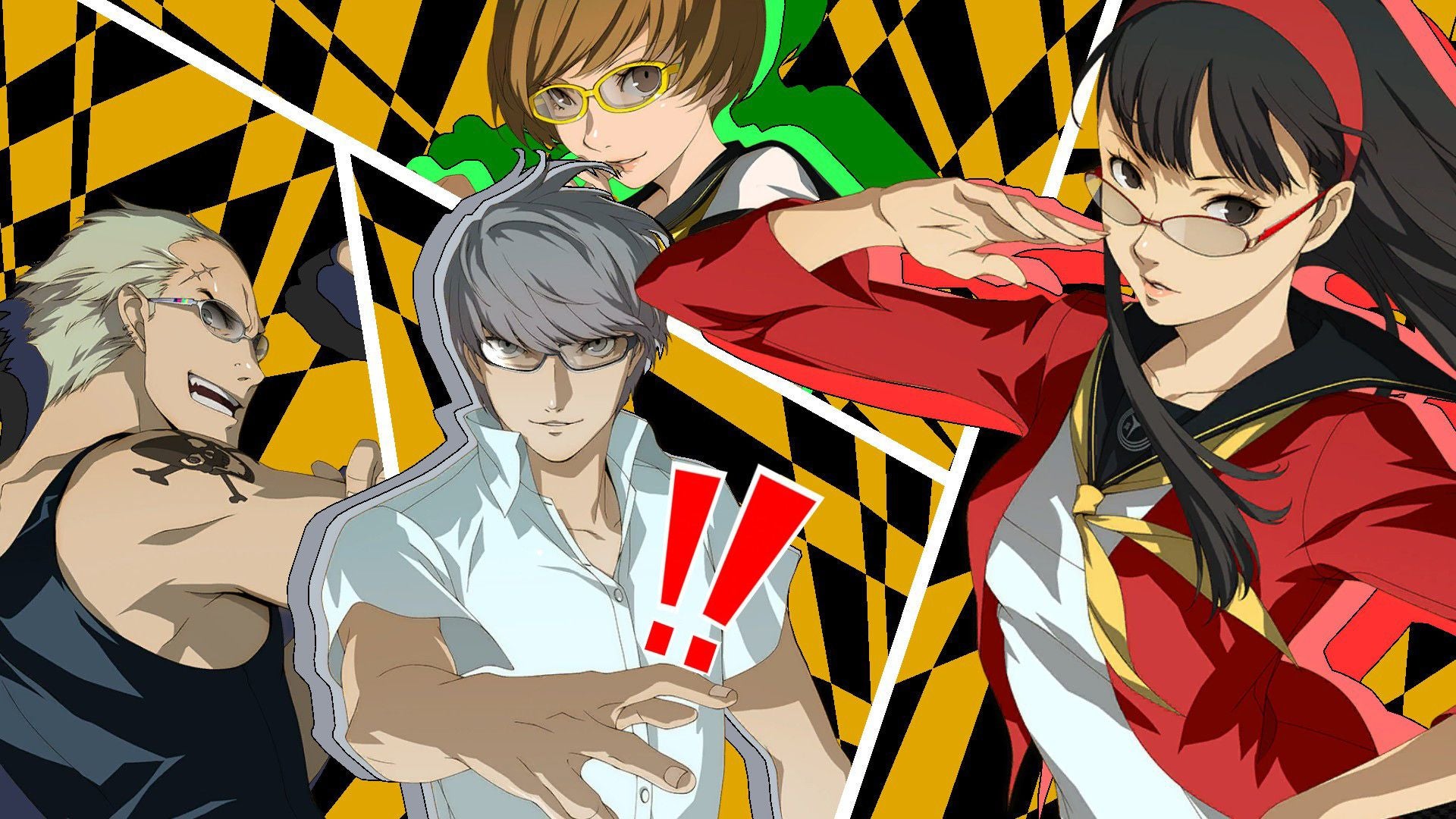
Persona 4 Golden, like the rest of the updated editions, is one of the strongest games in the series, and manages to fix many of the significant problems with the game’s original release by introducing balance tweaks, quality-of-life improvements, and story revamps. It, additionally, manages to produce a much more satisfying ending than the original game, while rounding out the preceding story arcs with extra content.
However, Persona 4 Golden, despite its cast, feels like the weakest of the big three of the Persona series — mostly on account of its weaker thematic core. Where Persona 3 manages to spin a terrific tale about mental illness, depression, and the pressures of modern teenage life, and Persona 5 attempts to tell a story about institutions, power, and how our desires shape those systems, Persona 4 crafts a narrative about finding your “true self,” which it significantly undercuts with its famously odd handling of its queer characters.
Persona 3 Portable
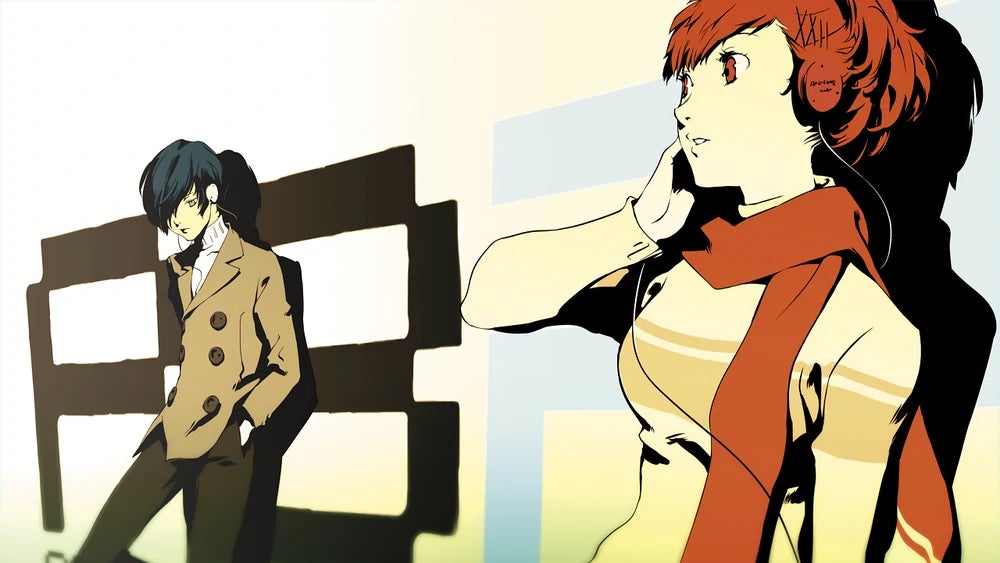
Persona 3 Portable is not only an iteration upon Persona 3 and its first re-release, Persona 3 FES, but also adds one of the series’ two female protagonists, the only one of which to have existed since the series was translated into 3D. Persona 3 Portable combines the additional content of FES with this new protagonist to totally re-invigorate the series — despite the visual downgrade that came with its move to the PSP. Persona 3 Portable is the dark horse fan favourite of the big three Persona games for good reason. While its tone is a lot harder to sit with for extended periods of time than Persona 4’s more upbeat tempo, it is well worth the additional emotional investment it asks of the player.
Persona 5 Royal
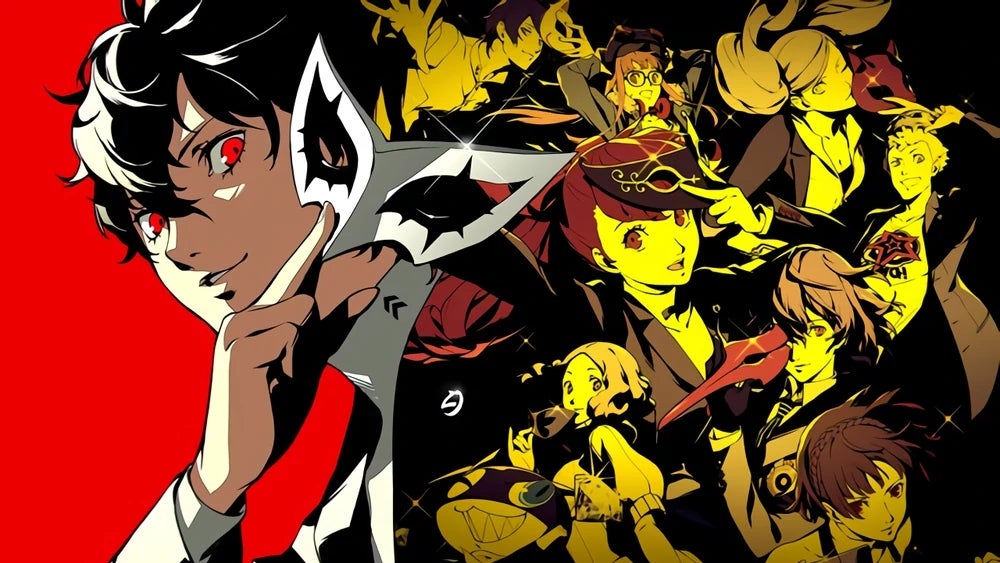
Persona 5 Royal successfully iterates on every aspect of the already great Persona 5, managing to almost completely fix every flaw with the base game and adding a stellar, thematically resonant conclusion that ties Persona 5’s remaining loose ends together. Even if it fails to expand upon the base game’s fascination with institutional power, Persona 5 Royal’s personal, human stories are so strong and thematically coherent that it makes the game well worth anyone’s time (even taking into account its one hundred hour run-time). In addition to its terrific narrative, Persona 5 Royal is the best Persona’s combat has ever felt — with the “One More” battle system polished to a mirror sheen. It is, without a doubt, the best complete package in the series.
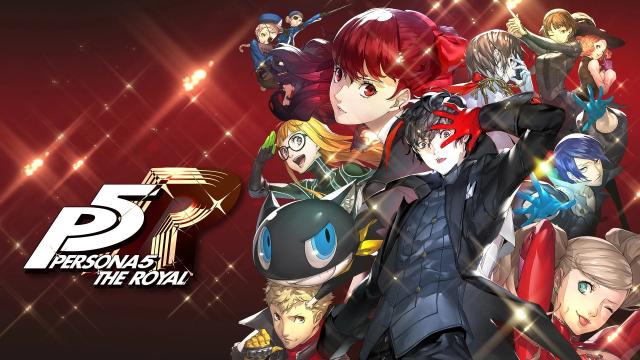
Leave a Reply